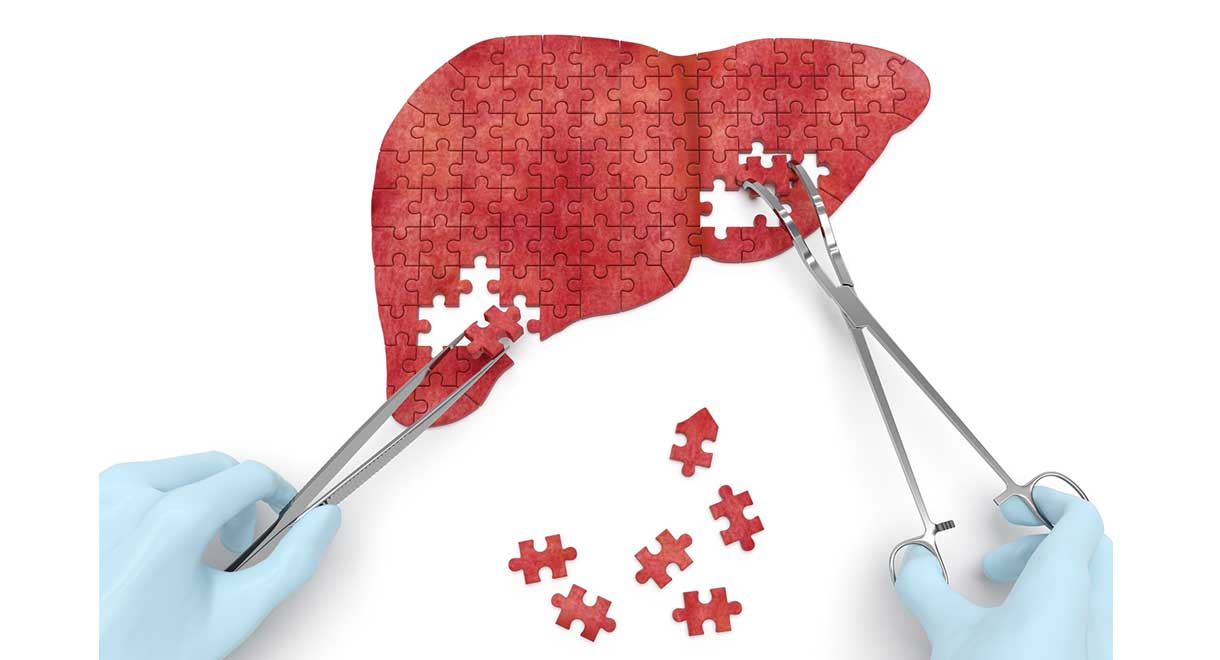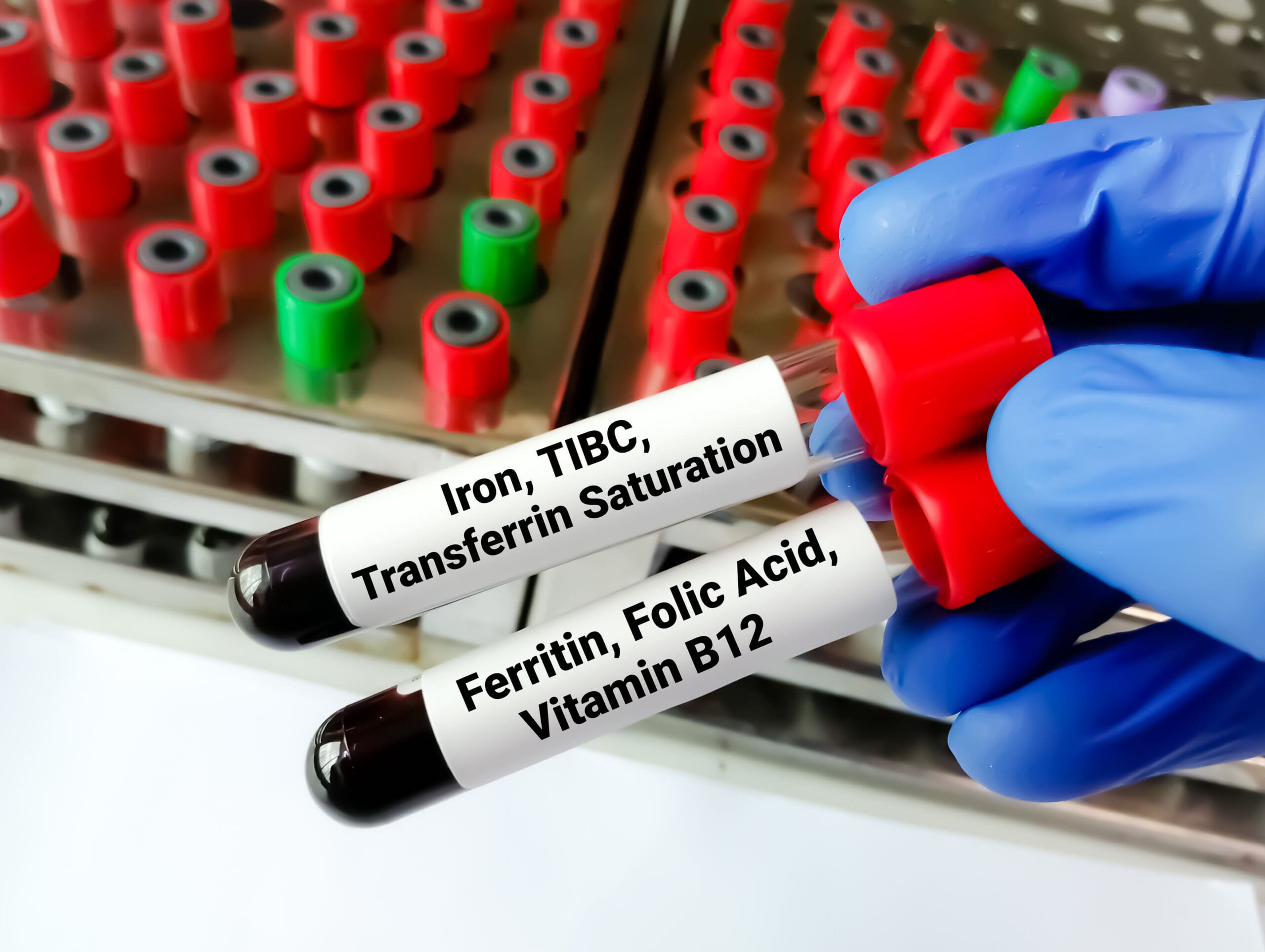Hepatitis is a modern-day epidemic
By naturopath Margaret Jasinska
Hepatitis means inflammation of the liver. This can be caused by several factors, such as:
- Excess fat building up in the liver from being overweight or diabetic
- Excess alcohol
- Overload with toxic chemicals from the environment
- Overload from prescription drugs or pain killers
- Damage to the liver due to intestinal disease, eg. coeliac disease, inflammatory bowel disease, small intestinal bacterial overgrowth
- Autoimmune disease
- Viral infections
There are hundreds of millions of people living with the hepatitis B and C viruses in their body and trying to exist with a reasonable quality of life. They often have debilitating symptoms that could be helped using nutritional medicine.
World hepatitis day is July 28th. In 2016 Australia became a world leader in access to new treatments that can cure hepatitis C. They are available under the Pharmaceutical Benefits Scheme (PBS) via prescription by your GP or specialist. Vaccination to prevent hepatitis B has been affordable for some time, and treatment for hepatitis B is available through the PBS.
Despite all this, thousands still have not been tested and are unaware they have hepatitis B or C. Many who may have been diagnosed years ago are not accessing their doctor to monitor how hepatitis is affecting their liver health and many are unaware they could be cured of hepatitis C.
Anti-viral drugs can bring an eradication of the hepatitis B and C viruses; however the success rate of this depends upon many factors and for many people results in failure and a host of nasty side effects. Even if an eradication of the virus can be achieved with anti-viral drugs, the virus can hide in the body to attack its host another day when their immune system is weakened. Eradication of the virus is called “a sustained viral response” to treatment, which means that the virus can no longer be detected in the blood; however the virus could still be hiding in other parts of the body such as the liver, cerebrospinal fluid or lymphatic system.


Nutritional medicine can help everybody with hepatitis
Fatigue is a common symptom of infection with the hepatitis B or C virus. The liver provides the body with energy and if it is damaged, the liver cannot store glucose or make proteins effectively – thus the muscles become weak. Treatment with anti-viral drugs causes worsening of the fatigue, depression and insomnia. This is where nutritional medicine can really make a huge difference.
Thyroid problems often co-exist with hepatitis C infection and nutritional medicine can support thyroid function. The most important nutrients to support healthy thyroid tissue and thyroid function are selenium, zinc, iodine and vitamin D. Anti-viral drugs can induce thyroid disease, which then needs long term treatment.
Excess weight often results in fatty liver, which greatly reduces liver function and immune health. Fatty liver can co-exist with hepatitis infection and will worsen the liver damage caused by these viruses. The viruses may induce insulin resistance, which makes weight loss very difficult and encourages the formation of fatty liver. Indeed if you have a very fatty liver, the unhealthy fat inside the liver can cause more destructive inflammation than these viruses. Thankfully it is easy to reverse a fatty liver and lose weight with the program in the book Fatty Liver – You Can Reverse It.
Diabetes speeds up progression of liver inflammation which increases the risk of cirrhosis. Overweight diabetics or poorly controlled diabetics often have a fatty liver and if they have infection with the hepatitis C virus as well, they can work wonders by reducing their blood sugar levels and losing weight. This is best done by following a grain free, gluten free and sugar free diet. For in-depth information see our book Diabetes Type 2: You Can Reverse It Naturally.
Many patients with hepatitis C suffer with nutritional deficiencies. This reduces the ability of their immune system and antiviral drugs to overcome the infection. Nutritional deficiencies also increase fatigue, which makes it harder to stick to a healthy diet and exercise regime. Contact us if you would like more information about strengthening your immune system.









Leave A Comment